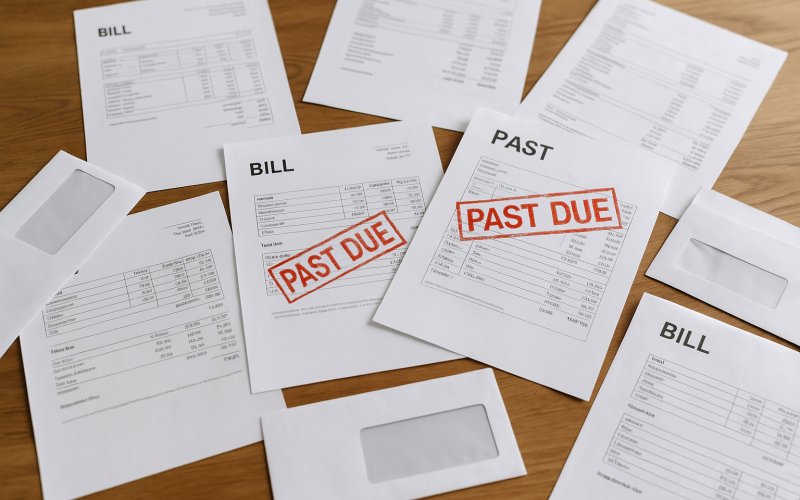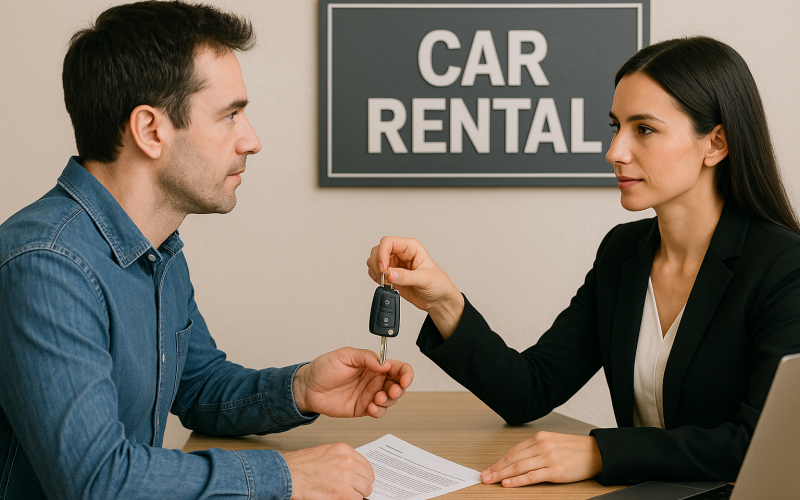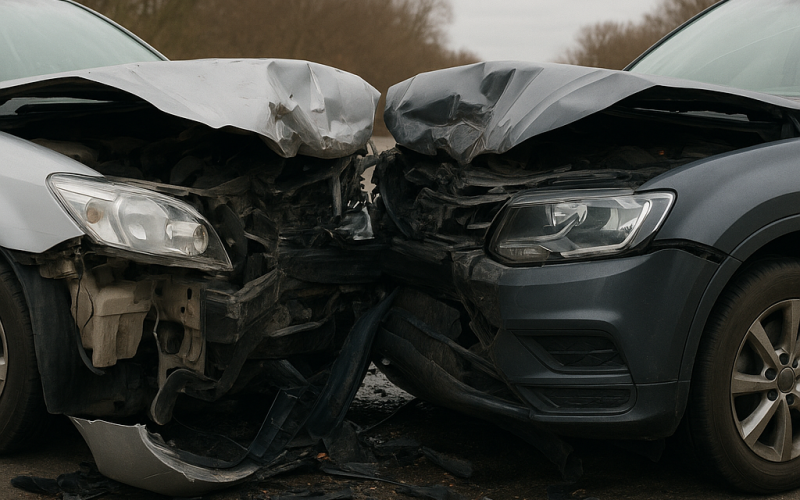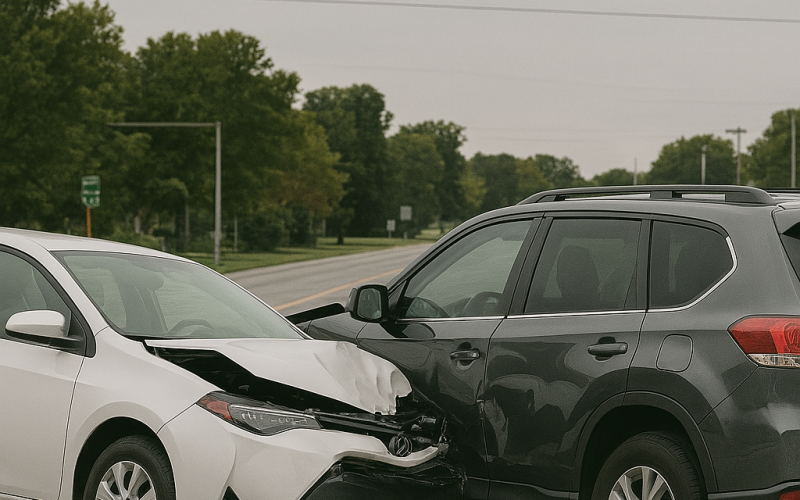The Warning Signs of Elderly Abuse vs. Self-Neglect
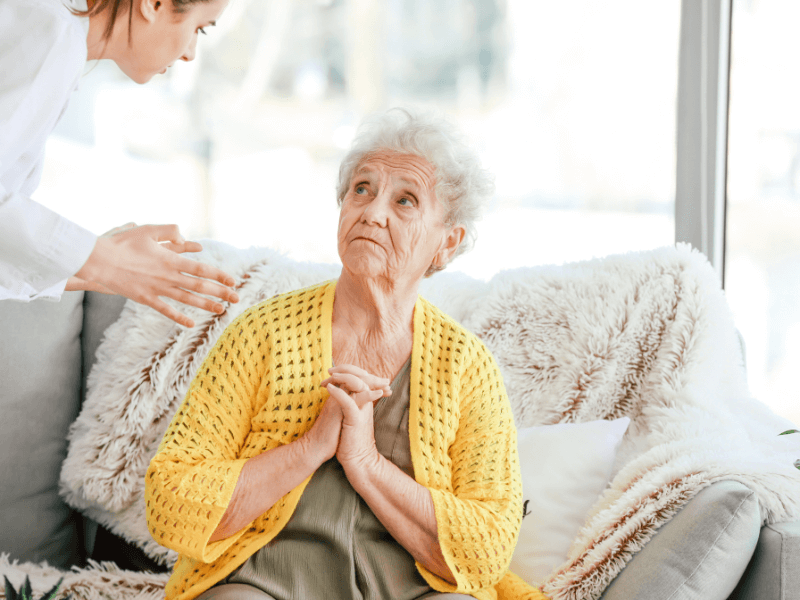


The elderly are some of our most vulnerable citizens, and they can’t always tell us when someone is mistreating them. Loved ones look for signs of abuse, but it’s difficult to distinguish the difference between abuse and self-neglect in the elderly. If you are concerned that your loved one is a victim of nursing home abuse, talk to the South Carolina injury attorneys at HawkLaw. We have seen enough cases of this horrific practice to recognize both abuse and self-neglect. Here are some ways you can tell the difference.
Signs of Self-Neglect
Hoarding
Hoarding is one of the important signs of self-neglect. When seniors collect items like newspapers and magazines, mail, paperwork, and other items, it could be a sign of self-neglect. It could also happen with animals, where people allow too many animals to live with them than they could care for safely. If the hoarding is bad enough to create an unsafe environment for the person or anyone living with them, it’s a red flag that they could be neglecting their care.
Poor Hygiene
Another indication is if they are not taking care of themselves. A lack of care could manifest in dehydration and failing to eat enough healthy and energizing food or not eating enough in general. It also includes medications. If they are not taking their medication or are refusing medical treatment for a serious illness, it could be a sign of self-neglect. Hygiene is another requirement for self-care. If they aren’t taking care of their hygiene, the possibility of becoming sick exponentially increases.
Problems Around the House
Problems around the house could also be a sign. These problems could be leaving the stove turned on unattended or ignoring necessary housekeeping tasks. Especially in winter months, failing to wear clothes that are proper for the weather could be an indication that they are neglecting themselves.
Primary Signs of Elder Abuse
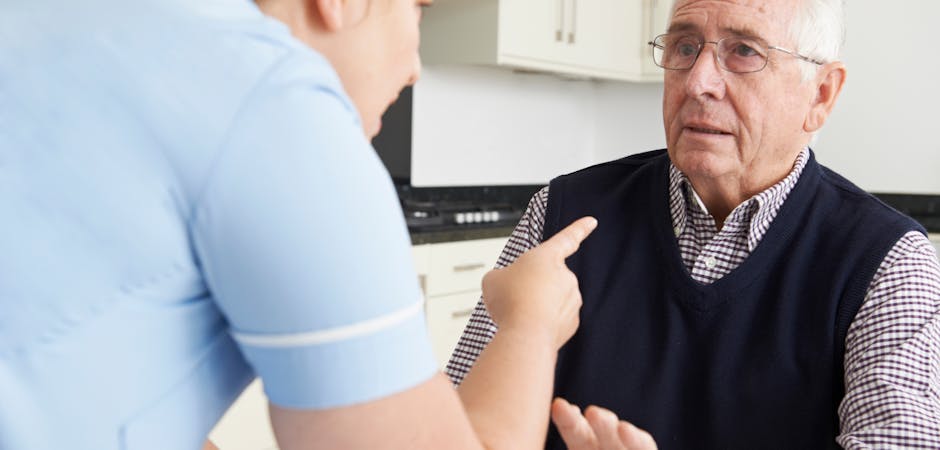
Unfortunately, some elderly people also experience abuse. Abuse can come in many forms including physical, emotional, sexual, and financial. It can be difficult to notice, so it is important to know the signs if you have an elderly loved one in a nursing home. One or two of the following issues alone may not constitute abuse. However, if such signs seem repetitive, you may need to investigate further. Here are some things that might signal abuse:
Physical Abuse
Injuries like bruises, pressure sores, broken bones, cuts, and burns could signal abuse. Though the elderly may be clumsy and prone to bruising, signs of injury around the neck, hands, or where clothing would hide blue marks signal physical abuse.
Sexual Abuse
Bruises around the breasts or genital area can be an indication of sexual abuse. Fear of removing their clothes or sudden shyness around a particular person are also signals of abuse.
Emotional Abuse
This is often the hardest to see. The elderly may forget that someone spoke cruelly to them, but they may indicate they want to avoid proximity to certain caregivers. If this is the case, pay attention to their fears. If they suddenly seem less alert or more depressed than usual without clear reason, they may be experiencing emotional abuse.
Financial Abuse
A sudden plummet in funds for an inexplicable or unclear reason could indicate that someone is taking advantage of their finances. Watch bank accounts and credit card history to prevent financial abuse of elders.
Similarly, strained or forced relationships between the elderly person and a caregiver could be a sign of all these types of abuse. Whether due to fear of repercussions or forgetfulness, your loved one may not be able to tell you what’s happening. Be on the alert for self-neglect, but don’t count out nursing home or caregiver abuse. If an elderly person you know begins exhibiting any of these signs and you suspect some sort of abuse is taking place, you will want an experienced personal injury law firm on your side in South Carolina. Schedule a free consultation with HawkLaw to start your case.
How to Prevent Nursing Home Abuse
The best way to prevent nursing home abuse is to make sure that you are sending your elderly loved one to a respectable healthcare facility. Of course, reputation is only a part of the equation, so you will need to do a bit of investigating yourself. The first step is looking for signs of elder abuse like severely underweight residents; residents with bedsores, bruising, or scarring; residents with mental health issues that could stem from psychological abuse; and a general lack of staff.
When you have a loved one in a nursing home, make sure you call your family member regularly and visit often to check for any potential abuse. Additionally, keep track of how long it takes for staff to respond when you bring a concern to their attention. Even checking your loved one’s finances can help prevent financial exploitation.
What to Do if You Suspect Nursing Home Abuse in South Carolina
If you suspect nursing home abuse, the first thing you should do is talk to the elderly person in private. They will likely be able to verify or at least help support your suspicion based on their own testimony and experience, depending on their mental condition. Additionally, you should report the abuse as soon as possible. Even if you are not 100% sure that abuse is taking place, the suspected exploitation of a vulnerable adult can warrant an investigation from law enforcement agencies.
How to Report Elder Abuse in South Carolina
To report elder abuse at the hands of a South Carolina care facility, contact the Adult Protective Services (APS) Long Term Care Ombudsman at 1-800-868-9095. If you suspect that a vulnerable adult is in immediate danger, call law enforcement officers and emergency services right away rather than the South Carolina Department of Social Services.
How a South Carolina Nursing Home Abuse Lawyer Can Help Your Case
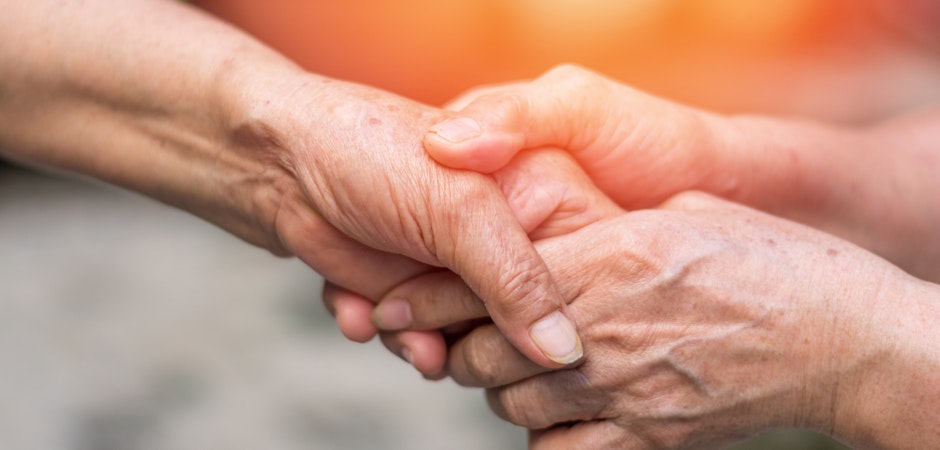
Having a South Carolina nursing home abuse lawyer on your side can drastically help your case. A lawyer can gather evidence of abuse, malicious behavior, and negligence by your elderly loved one’s health professionals. They can also document the damages suffered from mistreatment and represent you and your loved one in settlement negotiations. An experienced attorney will even go to trial for you if the abuse case reaches that point.
Fight for the Safety of Your Seniors
Elderly nursing home residents in South Carolina deserve to live with respect, dignity, and an overall positive sense of well-being. HawkLaw is passionate about fighting against all types of elder abuse with our deep knowledge of South Carolina law and elder abuse laws. Get in touch with our abuse attorneys in Columbia, Charleston, Greenville, or Spartanburg for a free consultation* by calling 888-HAWKLAW toll-free or filling out our online contact form.
John D. Hawkins
John Hawkins is the Founder and CEO of HawkLaw He has been licensed to practice law in South Carolina since his graduation with honors in 1994 from the University of South Carolina School of Law, where he was on the Law Review and Order of Wig and Robe.
-
$3,000,000*SettlementTrucking Accident
-
$1,005,000*SettlementCar Accident
-
$575,000*SettlementPersonal Injury
"*" indicates required fields




